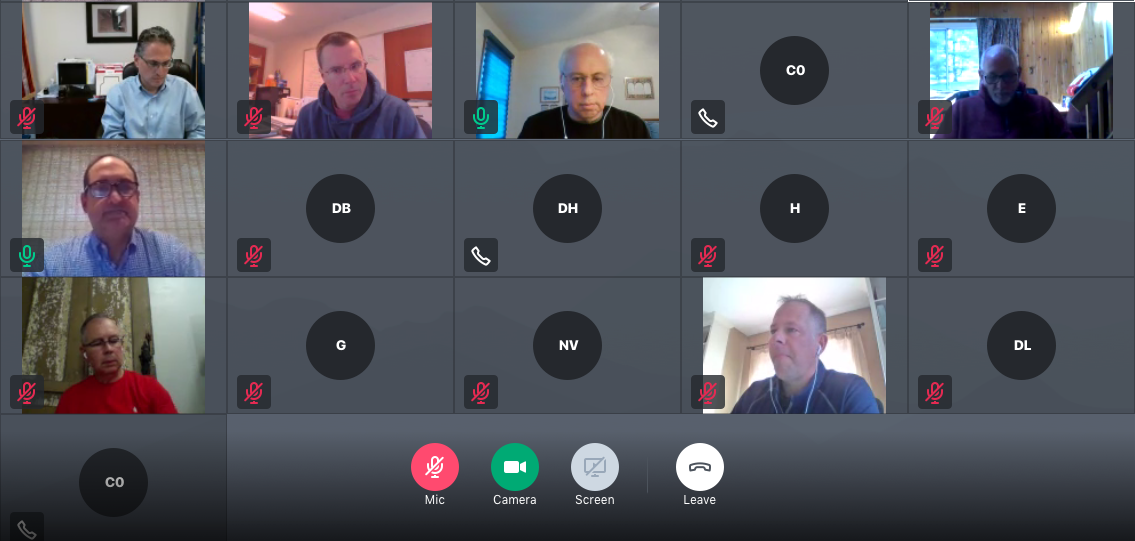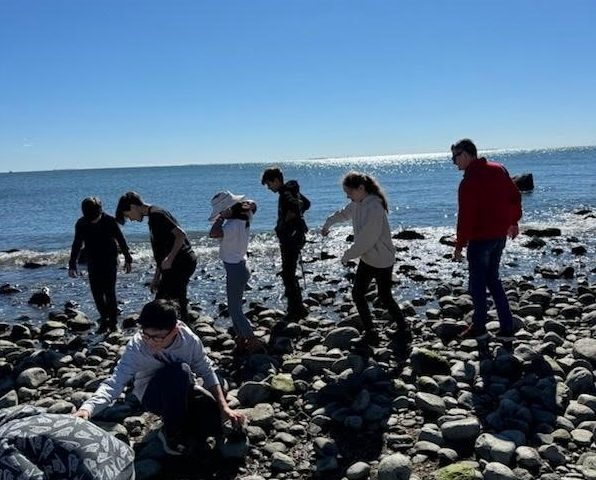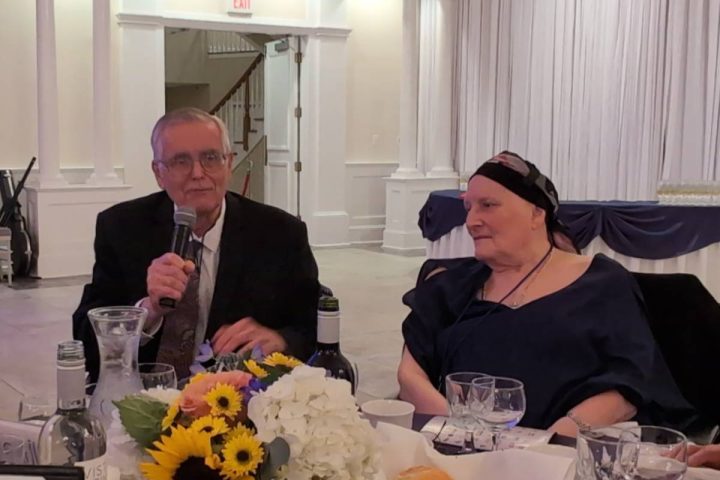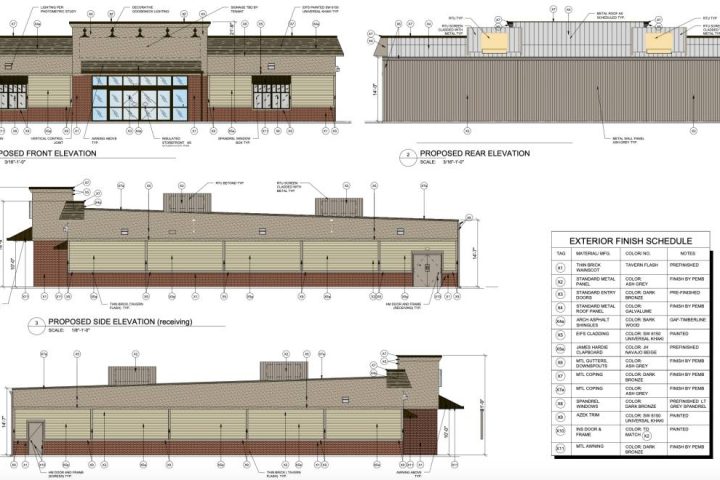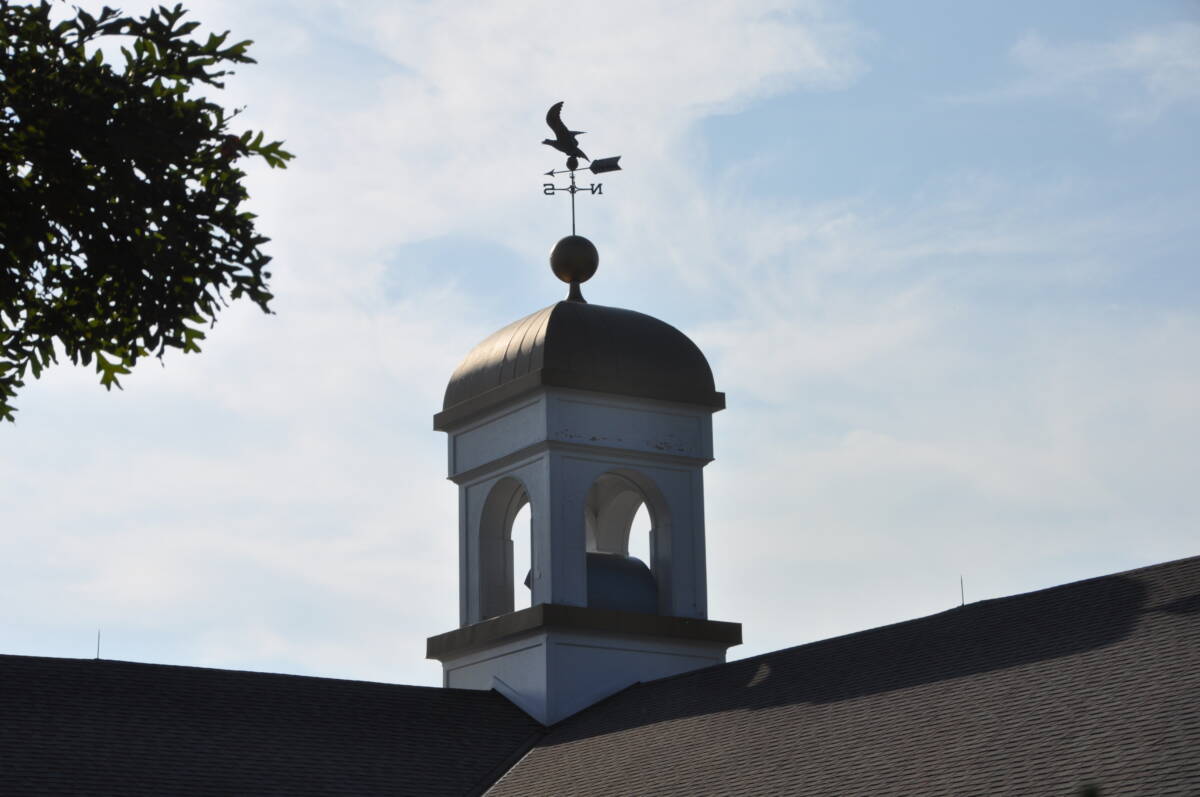MONROE, CT — First Selectman Ken Kellogg asked the Board of Finance to approve a budget without a tax increase, because many residents are struggling with lost jobs and wages amid the coronavirus pandemic.
During a budget workshop Thursday night, Board of Finance Chairman Michael Manjos proposed cutting the budget by $1.5 million and using $7.5 million from the town’s fund balance to offset spending and any impact on the mill rate.
“I always thought of the fund balance as a rainy day fund,” Manjos said, “and right now it’s pouring outside. I think we’ll agree this is our 100-year-storm.”
Among his other recommendations are holding off on capital projects and asking unions to forgo raises.
“Obviously, it’s a big change in direction from months ago,” Manjos said. “I thought this would be relatively easy, but it’s a challenge.”
Currently, the $91.5 million town budget proposal for fiscal year 2020-21 carries a projected 2.6 percent tax increase with $59.5 million for education and $31.9 million for town services. It carries a 4.01 percent spending increase for Monroe’s schools and 0.6 percent for town services.
Manjos estimates the fund balance will be in the $9.5 million to $10 million range, before the town would use all but $2 million of it.
“I think it’s a viable concept,” Kellogg said of using the fund balance. “I don’t take that lightly. It’s significant but, like you said, ‘if it’s a rainy day fund, it’s pouring outside.”
A ‘one time fix’
The first selectman said the main concern would be the impact on the town’s bond rating.
Finance Director Ronald Bunovsky said he spoke to the town’s financial advisor, who told him the bond rating agencies understand what many towns are going through in these unprecedented times. However, they would want to see a plan of how the fund balance would be replenished.
“I realize this is a one time fix,” Manjos said. “It will make next year’s budget difficult. I don’t think we have much choice. I think we have to help people who are suffering. The best way to do that is not to raise taxes — and I would like to lower them a bit if that’s possible.”
“I guess we’re in a tough spot,” said Steve Kirsch, a board member. “My concern is, what happens the year after this? I was already concerned about cuts. If we agree we’re going to do this because we’re in an emergency situation, I think we have to talk about what to do next year. I believe there’s gonna be some pain next year with no fund balance to offset taxes.”
Kirsch said the town should be upfront with taxpayers about that.
Vice Chairman John Ostaszewski agreed with giving relief to taxpayers, but said town officials need to remind people using the fund balance is a one time thing. He said next year’s budget may be a bigger number that people won’t like.
Putting capital projects on hold
Manjos recommends deferring all capital projects, rather than spending millions of dollars in a period of uncertainty.
“I think we have to save cash,” he said. “We won’t have the fund balance to back it up.”
Kellogg said town officials need to take a hard look at capital projects, specifically ones with grant funding. For instance, he said the Pepper Street reconstruction project is one the town pays 10 percent of. If Monroe forgoes it this year, he said the town may end up paying more for it in the future.
Manjos expects the state of Connecticut to have revenue problems too, so he said he does not know whether the town can expect funding for the project.
Kellogg said he will ask for at least $500,000 to be put aside for snow removal and storm issues. The account would be used to pay for any overtime hours for public works employees.
Manjos asked the first selectman and Acting Superintendent of Schools Joseph Kobza to go back to the unions and ask them to agree to hold off on raises.
“I’d rather save jobs than give the raises,” Manjos said. “We’re in a position where we’ll have to do one or the other.”
He anticipates a tax collection rate between 88 and 91 percent.
“I believe we’ll have to lower the collection rate, because we’re going to lose some businesses,” Manjos said of revenue projections.
Many residents are going to have trouble paying their property taxes and Manjos said he spoke to landlords who told him tenants are not paying rent, which will make it difficult for them to pay their own taxes.
Tightening purse strings
Kellogg discussed using Town Aid Road (TAR) grant money for road projects, while avoiding using funds from the operating budget. He said public works is also assessing which maintenance projects to tackle.
The first selectman will also ask Police Chief John Salvatore about the special duty fund, which is used for expenses like new police cars.
Craig Hirsch, a finance board member, noted how school resource officers are being given other responsibilities with school buildings being closed, and wondered if there could be savings on police overtime.
“It’s something we should ask the chief about,” Manjos said. “That’s a good point Craig.”

